
General counsel | JERA Asia
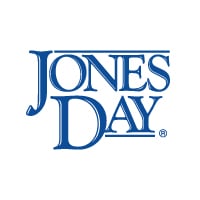
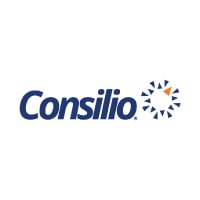

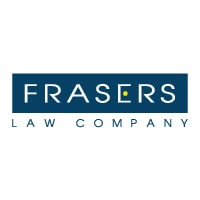
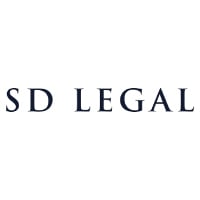
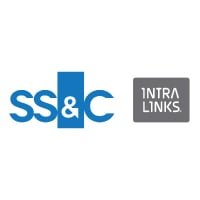

Ting Ting Tan
General counsel | JERA Asia
Team size: Four
What innovations have you made to the way your legal team works in the past year?
Digitalise our records, use of excel to keep records of internal and external expenditure, leave records, and external seminars, organise almost everything on sharepoints and retaining only paper copies of signed agreements. Generally to ensure reduction of paper versions and easy access to all records by our Legal team. Record internal training sessions, mark attendance using QR codes, using online survey forms for Q&A, awarding prize for top quiz answer. Using external anti-bribery training providers to save our Legal team’s time. Different teams chat groups for different projects to facilitate discussions.
Based on your experience, what is the key to collaborating successfully with business partners?
Business acumen, clear communication with them and ability to foresee potential issues/challenges so that they will consider in their decision-making process in good time.
Which political, economic or regulatory changes have impacted your work the most in the past year?
Political changes in the key countries we operate in – Bangladesh, Indonesia, Vietnam. This results in uncertainty in whether the previous governments’ energy policies will continue which then affect our investment horizon in these countries as our projects tend to have a long gestation period and/or involve various governments’ approval. Regulatory changes – new governments tend to scrutinise the actions of previous government officials resulting in anti-bribery investigations. We have encountered this in Vietnam, Bangladesh, Indonesia and Philippines. Economic changes, as Southeast Asian governments now acknowledge that they may need more time and capital to transition to net zero. Their return to coal fired plants is at odds with our net-zero emission goal and hence making it more difficult to achieve alignment.
We are now living in a changing geopolitical environment, with increased sanctions and export controls over the past two to three years. Does this affect your work, particularly regarding your risk management duties?
As we are primarily an investment entity not directly involved in operations, sanctions and export controls do not affect us as much, but anti-bribery does. It means staying ahead of the curve and being vigilant especially in the Southeast Asian countries that we operate in, including hiring external consultants to assist with review of anti-bribery risks.
General counsel | JERA Asia